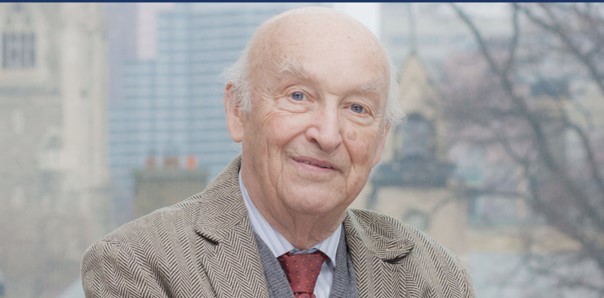
Second Biennial Peter Russell Discussion: Champions of Rights: Courts and Legislatures? Thursday, November 7th, 2-4pm, University of Toronto Faculty Club
- This event has passed.
November 7, 2024 @ 2:00 pm - 4:00 pm

Champions of Rights: Courts and Legislatures?
Thursday, November 7th, University of Toronto Faculty Club
Lunch (optional) 12:15
Discussion 2:00-4:00 P.M., Wedgewood Room
Reception to follow, Fairley Room
Free and open to the public
Register (below) before November 4th
Discussion moderated by Professor Rob Vipond, Department of Political Science
Invited discussants from 2:00-3:00:
A viewpoint from Professor Emerita Jamie Cameron
Osgoode Hall Law School
A viewpoint from Professor Bruce Ryder
Osgoode Hall Law School
Audience dialogue from 3:10-4:00
Register now at https://forms.office.com/r/wpZ5fZ3V3u
Presented by Senior College at the University of Toronto
CHAMPIONS OF RIGHTS: COURTS AND LEGISLATURES?
This special event in honour of Peter Russell, founder and first President of Senior College, features two of his favourite areas of interest, namely the judicial and legislative branches of government. This was a central focus of Canada’s constitutional debates from the 1960’s that was centred on the idea of a Charter of Rights and Freedoms under which unelected judges would protect Canadians from legislative and governmental infringement of their rights and freedoms. When the Charter became entrenched in the Constitution of Canada in 1982, courts assumed greater powers and new responsibility in protecting citizens’ rights. A new balance was to be struck, a new relationship between courts and legislatures. We have now lived more than forty years under the Charter. How have the courts done? How have legislatures responded to a new rights-conscious Canada? What is the balance between them? How have legislatures used the notwithstanding clause to overrule the courts?
Other liberal democratic countries, especially the United States, are deeply torn over the politicization of the Supreme Court and doubts over the impartiality of the judiciary. With a new ideological bloc of six conservative justices on the American Supreme Court, there is fear that the judiciary will use its power to roll back existing citizens’ rights and freedoms. Note the recent overturning of Roe v Wade in 2022. Can citizens trust the politics of the judiciary?
What do the legislative attacks on the judiciary in Eastern Europe and in Israel tell us about the future of rule of law in democracies? What lessons should Canadians draw from international experience?
